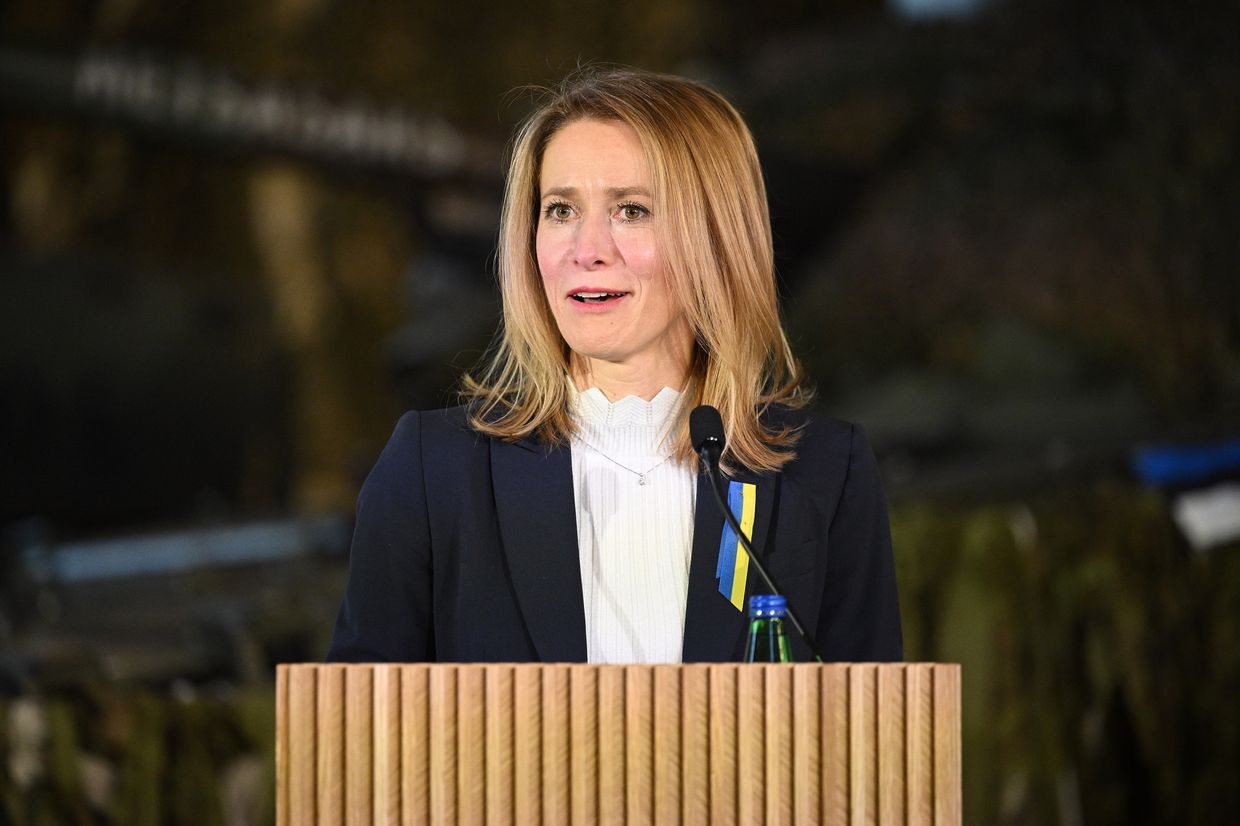Russia bans the entry of 2 Baltic PMs, other top officials.

The Russian Foreign Ministry announced on March 12 that it was banning the entry of 367 citizens of the Baltic countries into Russia, including Estonian Prime Minister Kaja Kallas and Latvian Prime Minister Evika Silina. Kallas was previously reported as being on the Russian Internal Ministry's wanted persons list. The 367 people banned from entering Russia include a wide variety of current and former political and military leaders from the Baltic countries.
The Russian Foreign Ministry said that the individuals in question were banned due to the "hostile policy of the Baltic states towards Russia." It also said that the Baltic states were "interfering" in Russia's internal affairs, "persecuting" Russians speakers at home, engaging in a "barbaric campaign for the mass demolition of monuments to liberating Soviet soldiers," and rewriting history to "glorify Nazism." The ministry also protested the Baltic countries' support for Ukraine against Russia's full-scale invasion.
The listed grievances regularly feature in Russian propaganda. The claims of "persecution" likely refer to policies enacted in the Baltic countries to phase out Russian language education. The Latvian parliament also passed an amendment in 2022 tightening residency rules for Russian citizens in response to Russia's invasion of Ukraine.
Russians living in Latvia are now required to apply for permanent residence and pass a basic-level Latvian language test. Russia has labeled such policies in Latvia and other Baltic countries as "Russophobia." Latvian authorities have defended the language policy, saying that it simply asks residents to achieve a low level of knowledge of the national language and that there was ample time offered for residents to learn it.
The demolition of Soviet-era monuments has occurred throughout the former Soviet Union and Warsaw Pact countries.
False claims about so-called "Nazism" in Ukraine have been central to Russia's justification of its full-scale invasion.
It is often invoked by Russian officials in attacks on perceived opponents.